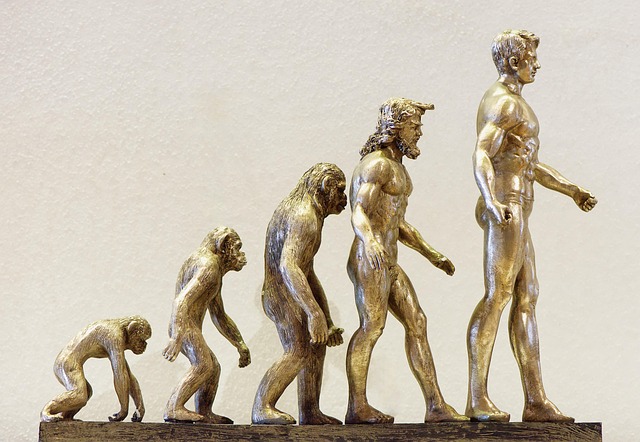The Change Academy at Lake of the Ozarks Institute (CALO) faces misconduct issues stemming from institutional culture, leadership, and policy gaps. To rectify these challenges, stakeholders advocate for transparency, robust reporting mechanisms, ethical conduct training, and peer support networks. The goal is to establish a safe learning environment where individuals can speak out without fear, ensuring CALO's long-term success and community well-being through proactive intervention strategies and mentorship programs.
At the Change Academy at Lake of the Ozarks Institute (CALO), misconduct has emerged as a pressing issue, demanding immediate attention. This article delves into the complex landscape of CALO’s misconduct problems and explores the pivotal role advocates play in driving transformative change. We analyze effective strategies for intervention, offering insights into how stakeholders can navigate this challenging yet crucial process. By understanding these dynamics, we aim to empower advocates to make a lasting impact on CALO’s culture and foster a more ethical environment.
- Understanding CALO's Misconduct Issues
- The Role of Advocates in Change
- Strategies for Effective Intervention at CALO
Understanding CALO's Misconduct Issues

The Change Academy at Lake of the Ozarks Institute (CALO) has faced scrutiny for misconduct issues that have raised concerns among advocates and the broader community. At its core, these problems stem from a complex interplay of institutional culture, leadership practices, and policy gaps. By examining these misconduct cases in detail, stakeholders can better understand the unique challenges CALO navigates as an educational institution dedicated to fostering positive change.
Advocates argue that addressing these issues requires a multifaceted approach. This includes promoting transparency, implementing robust reporting mechanisms, and providing adequate training for both staff and students on ethical conduct and conflict resolution. Ultimately, creating a safe and supportive learning environment where individuals feel empowered to speak out without fear of retaliation is paramount in ensuring CALO’s long-term success and the well-being of its community.
The Role of Advocates in Change

Advocates play a pivotal role in driving change and promoting accountability within organizations, especially when addressing misconduct. In the context of the Change Academy at Lake of the Ozarks Institute (CALO), advocates are not only agents of transformation but also catalysts for institutional healing. These individuals, often equipped with specialized knowledge and skills, have the mandate to uncover, expose, and challenge unethical practices, ensuring that CALO upholds its values and principles.
Through their tireless efforts, advocates foster a culture of transparency and integrity. They empower others within the organization to speak up against misconduct, providing support and guidance in navigating complex ethical dilemmas. By doing so, they contribute to a collective shift, where every member of the CALO community is invested in creating a safer, more responsible environment. This proactive approach not only addresses past transgressions but also strengthens the foundation for future integrity within the institution.
Strategies for Effective Intervention at CALO

At the Change Academy at Lake of the Ozarks Institute (CALO), effective intervention strategies are crucial in addressing misconduct. The first step involves creating a safe and supportive environment where individuals feel comfortable coming forward with concerns or experiences related to misconduct. This can be achieved through open communication channels, regular training sessions on ethical conduct, and clear policies that outline expected behaviors and consequences for violations.
Additionally, peer support networks and mentorship programs play a vital role in fostering a culture of accountability. By pairing individuals with mentors who have successfully navigated similar challenges, CALO encourages open dialogue, provides practical guidance, and promotes positive behavioral changes. These interventions are designed to empower participants while ensuring that misconduct is promptly identified, addressed, and prevented from recurring.
The Change Academy at Lake of the Ozarks Institute (CALO) faces misconduct challenges that demand thoughtful intervention. By empowering advocates to take a proactive role, CALO can facilitate meaningful change. Implementing effective strategies outlined in this article equips advocates with the tools necessary to address misconduct, fostering a safer and more positive environment for all involved.
